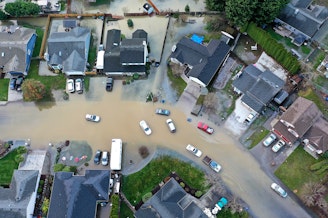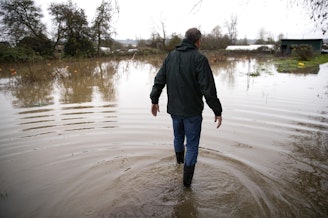New homes in Washington state will have to include energy efficient heating and cooling

In Washington state, new buildings could soon become a lot more energy efficient.
This week, the Washington State Building Code Council voted to require heat pumps in new homes, by raising efficiency standards so that only heat pumps can satisfy them.
To withstand legal threats, the group chose a path that discourages gas appliances without outlawing them.
Every three years, a group of Governor Jay Inslee’s appointees update the energy efficiency standards for new buildings constructed in Washington state.
Each time, the Washington Building Code Council ratchets up the standards. They have a mandate to do so.
"The building code council is actually directed by the legislature to ensure that our code gets more and more efficient, to essentially move towards zero emissions by 2031," said Rachel Koller, managing director of Shift Zero, a climate advocacy group.
This time around, the code council wanted to encourage heat pumps, something climate advocates had wanted.
“Heat pumps are really the top technology choice now, because they are so efficient," Koller said. "They’re three times more efficient than their gas counterparts, and they run on our state’s clean electricity."
Sponsored
Heat pumps also supply cooling in addition to heating, a benefit for anyone who's lived through a hot or smoky summer in Seattle.
But some builder groups and natural gas companies objected, and filed a lawsuit in Thurston County.
In response, the committee in charge of the rule change did some wordsmithing. The revised rules don't explicitly require heat pumps, or ban natural gas. But they do require a high level of efficiency — something only heat pumps can achieve.
Gas cooking stoves are still allowed, but require better ventilation systems to reduce indoor air pollution.
This week, the building code council formally approved the new standards, which will go into effect in March 2024. Project teams that submit permit applications after that date will be governed by the updated energy code rules.
The Building Industry Association of Washington called the rule change “an assault on energy security,” and said they’d continue to fight it in court.




